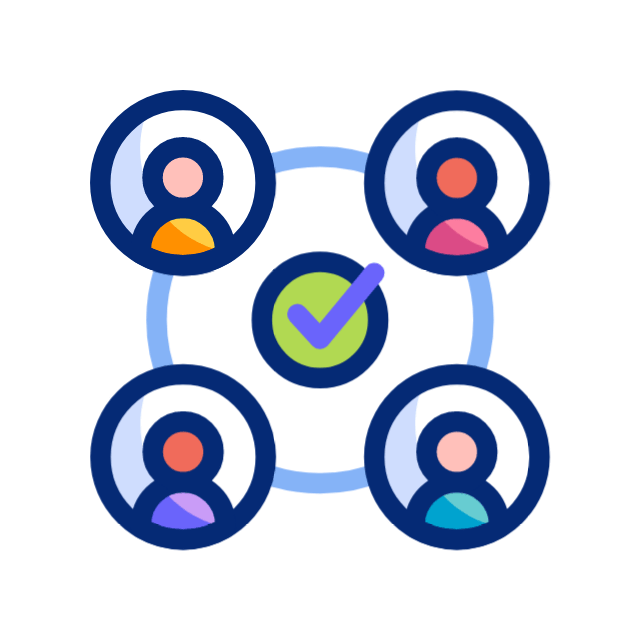Our comprehensive DevOps course is designed to provide you with the essential skills for automating and managing the software development lifecycle efficiently. In this course, you will:
Hands-on exercises and real-world project simulations are integrated throughout the course to build practical skills. By the end of the course, you’ll be equipped with the knowledge to optimize and automate workflows in a DevOps environment.

We are proud to offer top-notch DevOps training in Bangalore, designed to help professionals and beginners alike master the latest DevOps practices and tools. Led by industry experts, this course provides an in-depth understanding of the entire DevOps lifecycle.
Seamless Collaboration Between Development and Operations: DevOps bridges the gap between development and operations teams, enabling faster development cycles and continuous delivery. This results in more efficient, error-free software delivery.
High Demand in the Job Market: DevOps skills are highly sought after by employers in various industries. As businesses strive for quicker product delivery and greater system reliability, DevOps professionals are at the forefront of this transformation.
Automation for Efficiency: DevOps introduces automation into the development pipeline, allowing teams to automatically build, test, and deploy software, reducing manual intervention and minimizing errors.
The benefits of learning DevOps are listed below:

DevOps emphasizes continuous integration and continuous delivery, enabling development teams to build, test, and release software quickly and reliably. By mastering DevOps, you’ll be equipped to automate and streamline the entire software delivery pipeline.

One of the core principles of DevOps is automation. From automated testing to infrastructure management, DevOps helps to eliminate manual processes and increase the speed and efficiency of software development and deployment.

DevOps fosters collaboration between development, operations, and other stakeholders. This reduces silos and encourages better communication, ultimately leading to more efficient development processes and higher-quality software.
Find answers to the most common questions about DevOps training and its benefits. Still have queries? Feel free to contact us.
The job responsibilities for DevOps professionals include:
Automate deployment processes to enable faster and more efficient release cycles.
Implement and manage CI/CD pipelines to streamline the development lifecycle and enhance productivity.
Develop and manage infrastructure using code to create scalable and consistent environments.
Set up monitoring and logging systems to track application health and infrastructure performance.
Optimize system performance, reduce bottlenecks, and improve application uptime and scalability.
Develop scripts to automate routine tasks, deployments, and system updates.
Oversee cloud infrastructure, deploy cloud-based solutions, and manage cloud resources.
Work closely with development teams, operations teams, and other stakeholders to improve collaboration and communication.
Implement and enforce security policies, ensuring that applications and infrastructure are secure and compliant.
While there are no strict prerequisites to start learning DevOps, the following points will help you get the most out of your learning experience:
Our Interview Preparation programs are among the best in the industry, designed to enhance your ability to tackle interviews effectively. We simulate real interview scenarios to provide valuable experience and build your confidence.
Engage in mock interviews that closely mirror real-world interview environments. Receive constructive feedback to improve your performance and address areas for enhancement.
Benefit from insights provided by industry experts on common interview questions, effective answers, and strategies for handling challenging scenarios.
Receive tailored one-on-one coaching to refine your skills and boost your confidence before your actual interview. Our expert coaches will work closely with you to address specific areas and prepare you for any challenges.
Get detailed feedback on your performance and actionable advice to enhance your interview skills, ensuring thorough preparation.


Neel Technologies has a group of highly experienced and qualified trainers. They are always dedicated towards improving the students and making them learn more with their experiences. The trainers here are always concerned about the all-round development of students, ensuring that the knowledge imparted is not only theoretical but also practical.
we are starting a new batch. For more details, please contact +91-6361866299




Hear directly from our students about their experience with our courses.

The Windows online training was very good, and I learned a lot during my course. The platform is easy to use and offers great flexibility.

The training was informative and interesting. It's the best platform to learn practical skills. I highly recommend it!

They provide very professional training. It's the best technology institute in Trivandrum, and I had an excellent learning experience.

The Windows training session was very informative. The trainer was patient, and I understood the concepts easily. Highly recommended!